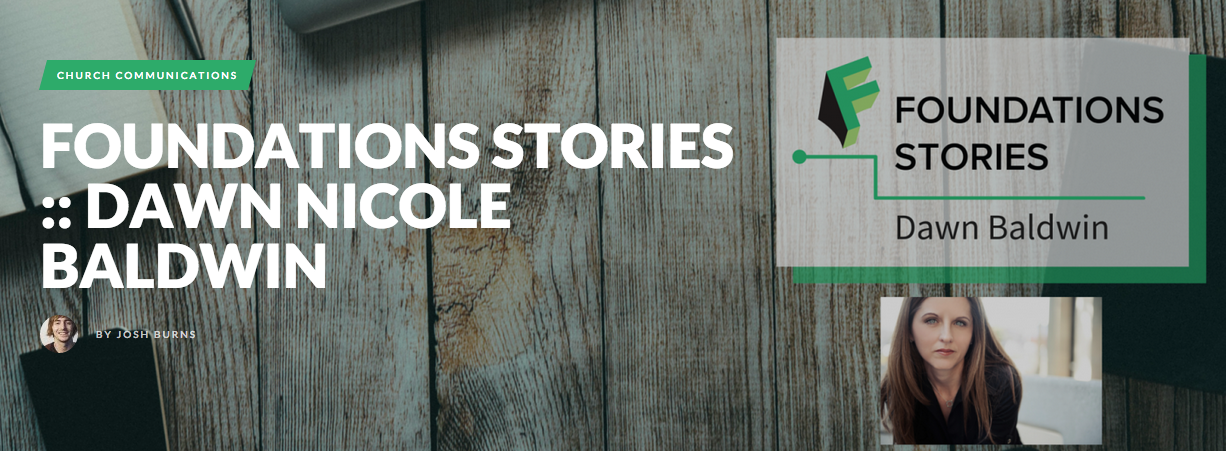I saw a great post by Seth Godin this morning. It’s a shifting of perspectives that is important for churches and Christian nonprofits to consider. (Emphasis mine)
Some folks think of marketing as something that is done to people. A hustle, a hype, a stealing of attention.
We need a name for that, but I don’t think that’s marketing.
On the other hand, calling dinner, “cold dead fish on rice,” while accurate, doesn’t really help people enjoy their sushi.
Human beings aren’t information processing machines. We’re not hyper-rational or predictable. Instead, we find joy and possibility in stories, in connection and yes, in tension and status roles as well.
When you care enough to see your audience with empathy, you’ll realize that they’re not happier if you simply recite a list of facts. Almost everything we engage with is a placebo at some level, and bringing a human-friendly story to the interaction is a way to serve people.
We need to not only have the ability to imagine what others see, we have to have the guts to go where they are and talk with them on their terms.
This means that we’re willing to be wrong on our way to being useful. We need to make assertions and show up with consistency, making promises and keeping them. Promises not just about the atomic weight of nitrogen, but about experiences and expectations that are sometimes hard to pin down.
Don’t make something that you would buy.
Make something that they would buy.
[ p.feedblitz.com/r3.asp?l=182232920&f=1081591&c=8038124&u=33728 ]




